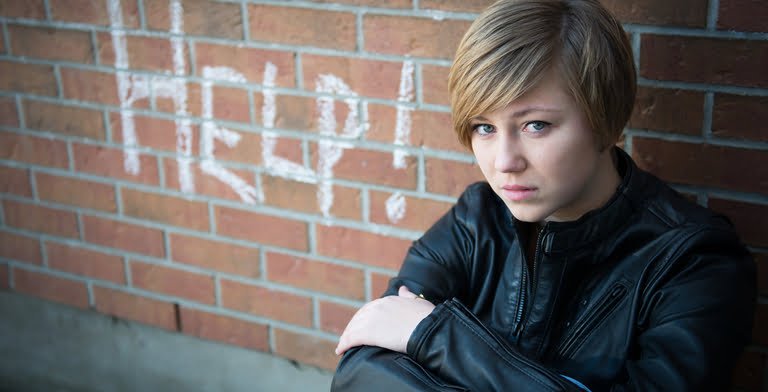Our CEO, Chas Walker shares a personal reflection on the significant challenges facing young people and the organisations and services that support them:
YMCA DownsLink Group is one of the leading organisations tackling youth homelessness and providing supported housing, mental health services, support, and advice, to children & young people in Sussex & Surrey. From this perspective I wanted to take the opportunity at the end of 2021 to share some thoughts on the challenges we see young people facing and that we face as an organisation.
There is no doubt that the Covid crisis has been the biggest challenge we have faced in a generation. And, this is and will be felt most by children & young people as it will define their formative years in terms of education, health, social and career prospects. For those children & young people who are more marginalised in our communities this will be felt even more acutely.
The work of YMCA DownsLink Group is focused on those children & young people on the margins of society whose life prospects are already challenging. My personal view is that Covid has shone a light on a societal scandal that has been a decade in the making. Since 2010, 600,000[1] children have slipped into child poverty with total of 4.2 million children now classified as living in poverty in this Country. The UK is in the bottom third of European countries for child poverty. This is a scandal, but one that never gets the national focus it should.
As a Charity we are now seeing the real-life consequences of this. During the height of lockdown we saw a 60% increase in youth homelessness linked to the strain on poorer families. Cramped living conditions, job losses and ill health, led to an increase in family breakdown, with many older children leaving the family home in an unplanned way. There has also been a significant increase in the number of children entering the care system (up 26% in five year) with an increasing number of teenagers who, due to lack of early intervention, come with more complex needs.[2] This picture is being replicated in our supported housing with 25% of young people who live with us having a history of care, being younger (16-19) and needing more support.
Child poverty is also having a significant impact on children and young people’s mental health. I am sure this is linked to increased level of trauma in early years and declining levels of good quality youth work, and family support. One of the most frightening trends we are seeing is the increasing safeguarding incidents amongst the children and young people we support. The number of safeguarding alerts we deal with has risen 100% in the last four years and is now over 400 alerts a year with 70% of these alerts linked to self-harm and suicidal ideation. This is shocking and having a real impact on the lives of young people, the staff who support them and the organisation as a whole.
The single biggest factor in rising child poverty is societal investment. Much of that investment has traditionally been through central government policy, who then fund local government services. Over the past decade the austerity policy has seen a 30% decline in local government funding support and £36 billion taken out of social security benefits for poorer families. This has left local government with a skeleton offer to children, young people, and families, largely focused on just trying to keep their statutory services running and rising poverty for vulnerable families. All the preventative and early help services have, or are being, cut. Programmes like Sure Start that looked to break generational cycles of child poverty is just one such example. The YMCA recently produced a national report which revealed that cuts to youth services funding by local authorities in England and Wales declined in real terms by 70%.[3]
This decline in public investment in children, young people and families and the associated pressure on local government services has left the charitable sector to try and fill so many of the gaps in early help, preventative and targeted support for children, young people & families. But with decline in fundraising across the charitable sector, charities have never been so stretched and this stretch is impacting our staff, our service offer and our finances. It can feel like a perfect storm of rising levels of need for our services because of declining public investment, whilst we struggle with declining resources and support for charities.
At YMCA DownsLink Group we remain committed to our vision that all young people should be able to belong, contribute & thrive in their local community, we are immensely grateful for the generosity of our supporters and the commitment shown by our partners to our shared vision. I believe in cycles of change; often things have to get worse before they can get better, just like spring follows winter. My hope is that one of the legacies of Covid will be the opportunity to re-evaluate our individual and collective and societal priorities and the opportunity to put children, young people and families at the centre of our recovery from Covid.
To find out more about our work read our Impact Report or to support our work – HERE
[1] Child Action Poverty Group statistic
[2] https://www.childrenscommissioner.gov.uk/report/characteristics-of-children-entering-care-for-the-first-time-as-teenagers/
[3] https://www.ymca.org.uk/outofservice

